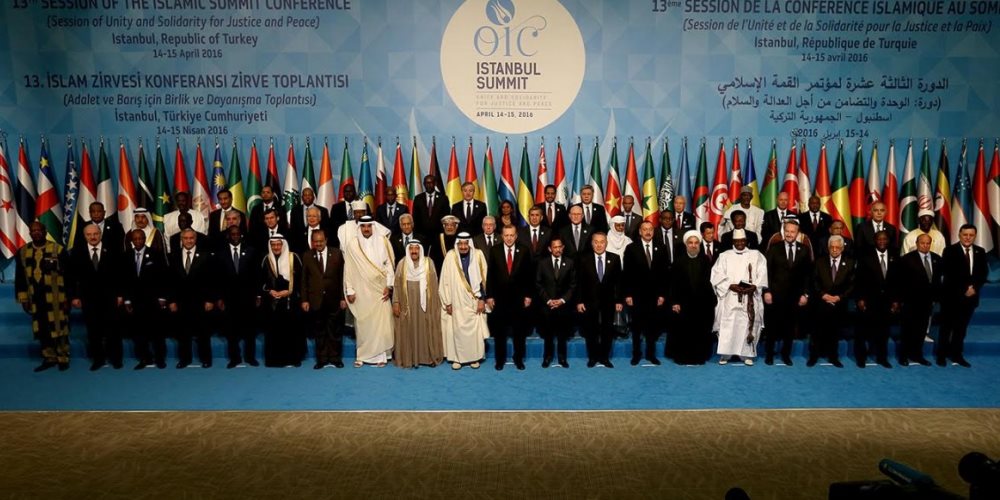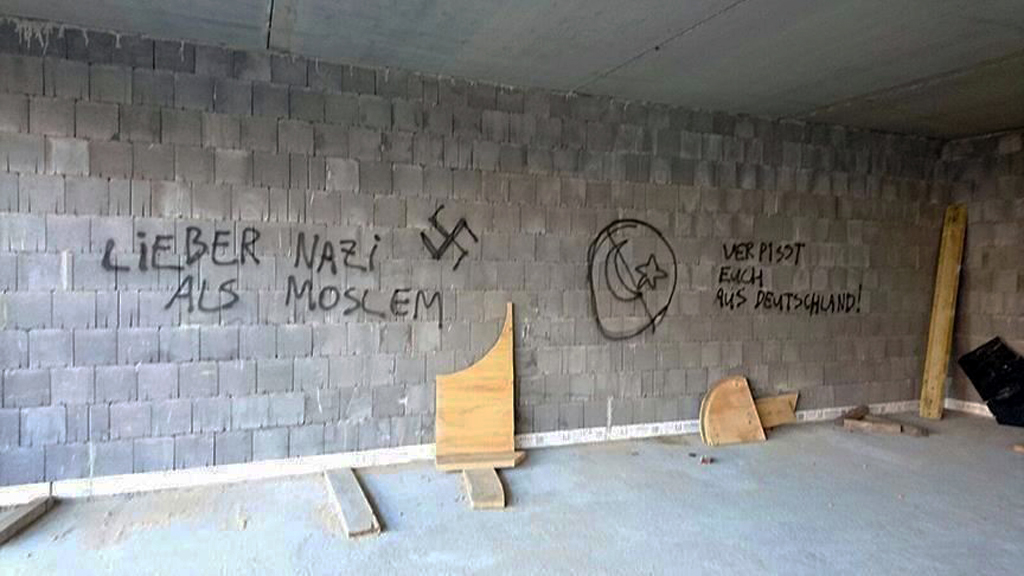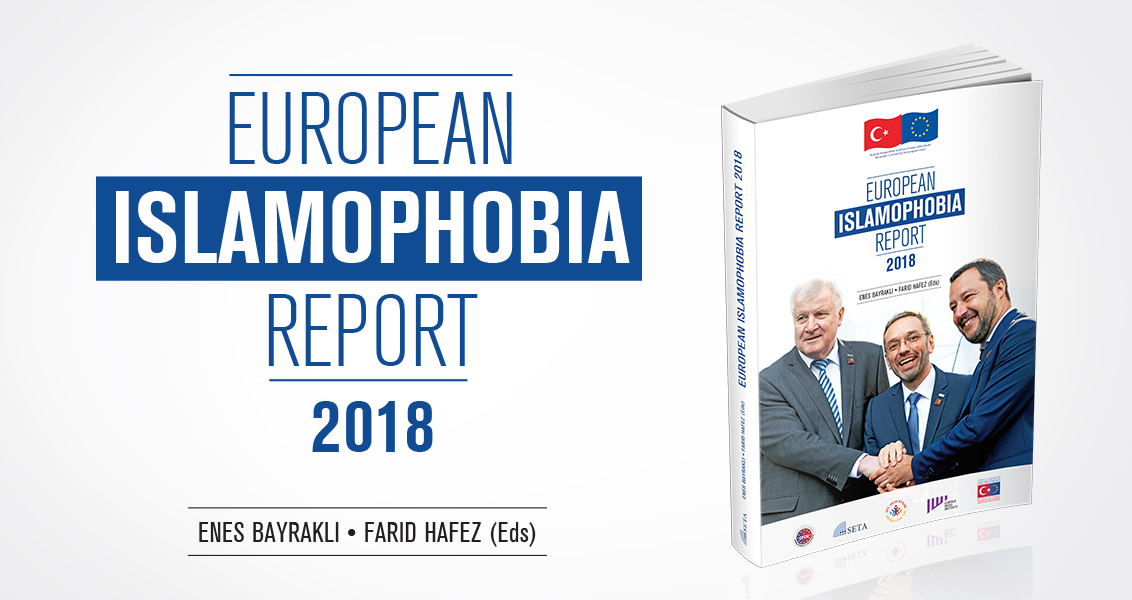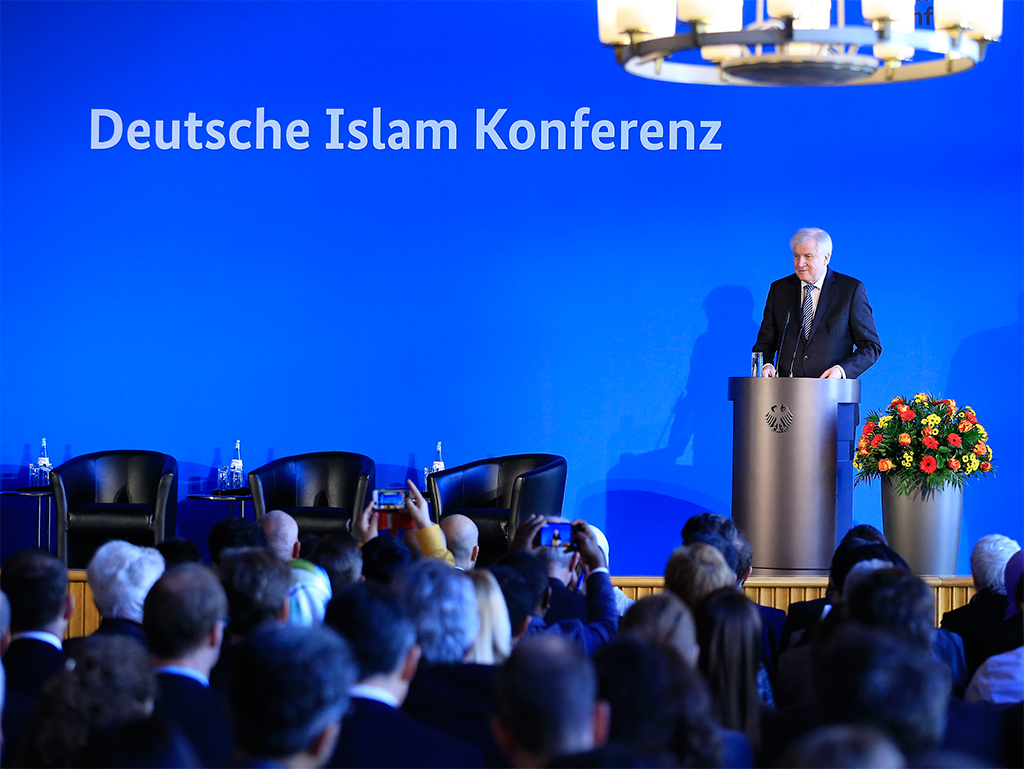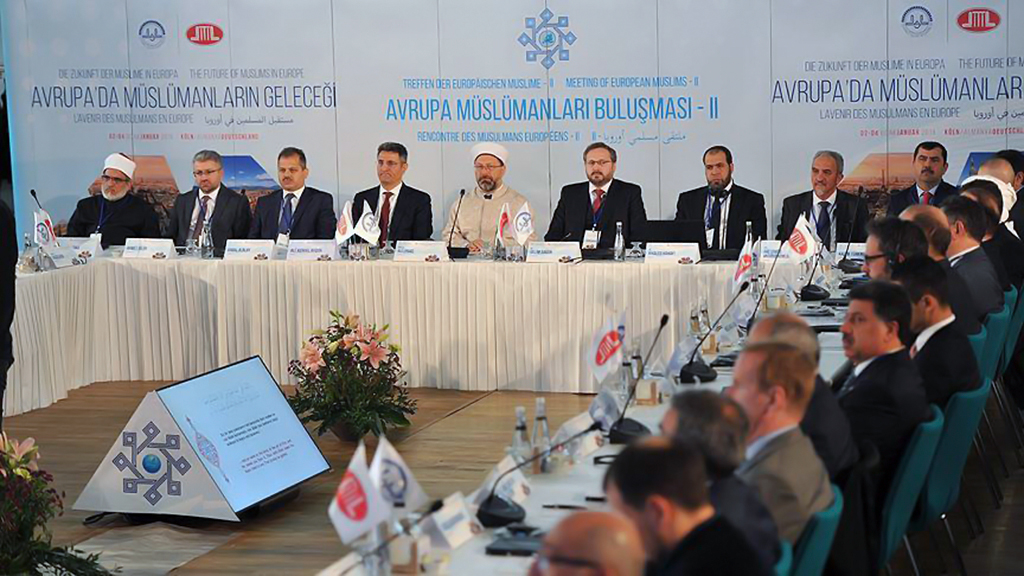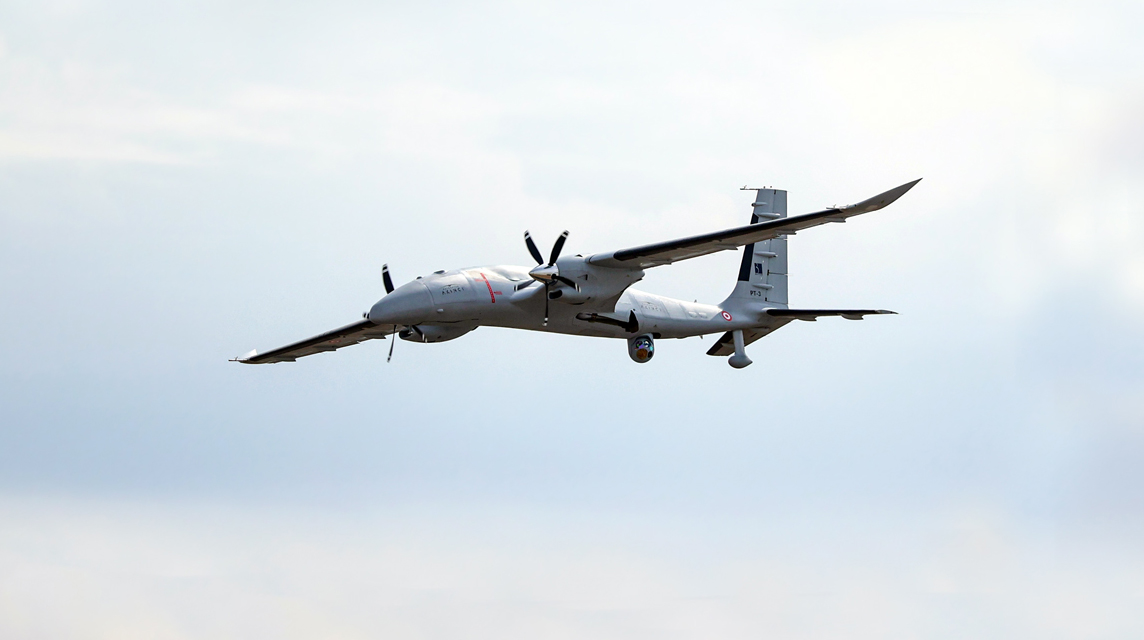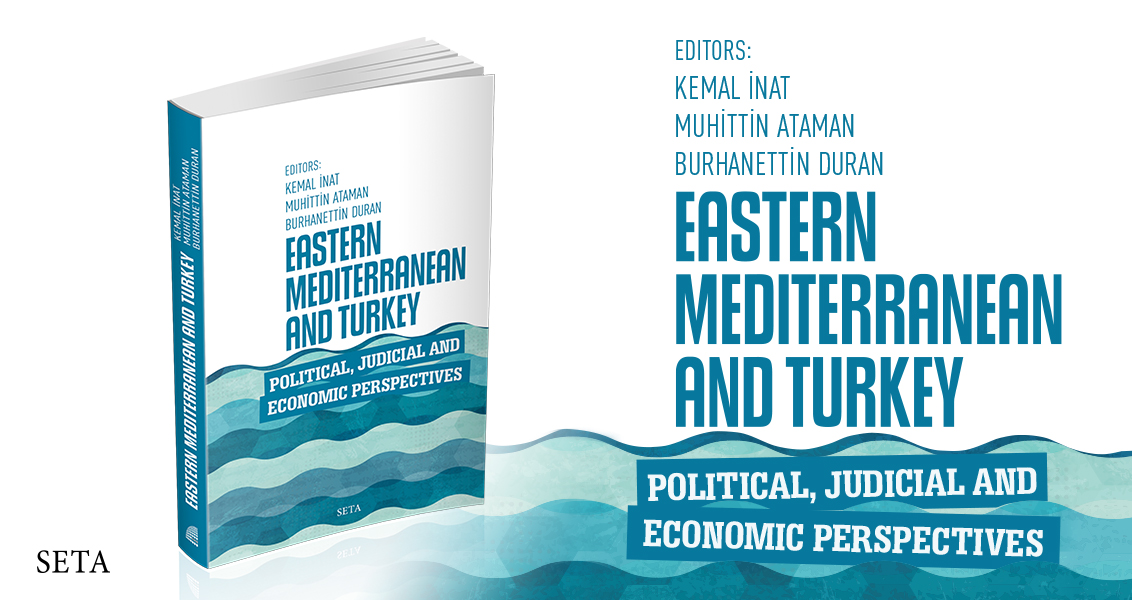The Organization of the Islamic Conference (OIC) was founded with the aim of collaborating on international political problems concerning the Muslim World. Triggered by the arson attack on Masjid-i Aqsa in 1969 in particular, countries that came together in Rabat for an emergency summit immediately after the incident emphasized the importance of strong Muslim solidarity, which led to the creation of OIC. Later re-named as the Organization of Islamic Cooperation, OIC successfully developed its institutional structure over time and has eventually become the second largest intergovernmental organization after the United Nations, with 57 member countries. In the meantime, the organization extended its horizons to multi-dimensional issues beyond politics, with economy being a primary focus.
In this respect, OIC has put forth notable efforts to develop and strengthen the economic relationships among its member countries. For this purpose, the Framework Agreement on Trade Preferential System was adopted in 1990, later complemented by the Protocol on the Preferential Tariff Scheme (PRETAS) in 2005. Based on such regulations which pursued to promote intra-OIC trade, a target share of 20% was set to be achieved by 2015.
[Politics Today, April 20, 2016]

